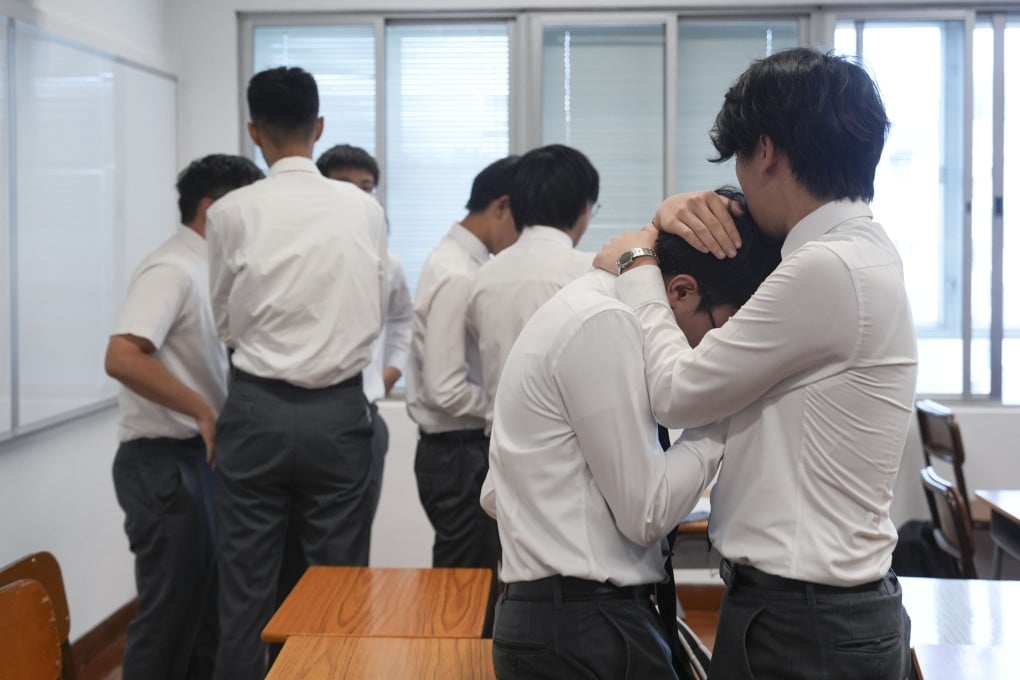Opinion | Let’s listen well to Hong Kong students’ mental health woes
- A student advisory council in every secondary school would let young people be heard. We don’t need to settle for reductive understandings

These figures paint a grim picture but also risk oversimplifying a complex issue. As a former secondary school teacher turned researcher focusing on youth issues, I have learned that adolescence is a period of nuance and complexity. If we settle for the reductive understanding that academic pressure leads to mental health challenges, we hobble our ability to develop deeper insights. It could lead to well-intentioned but misguided solutions.
To combat this, I propose the establishment of student advisory councils in every secondary school in Hong Kong. These councils would be where young people’s voices can be centred in discussions about their well-being.
As educators and parents, we often labour under the illusion that we understand our children’s lives very well. Researchers, however, might disagree.

